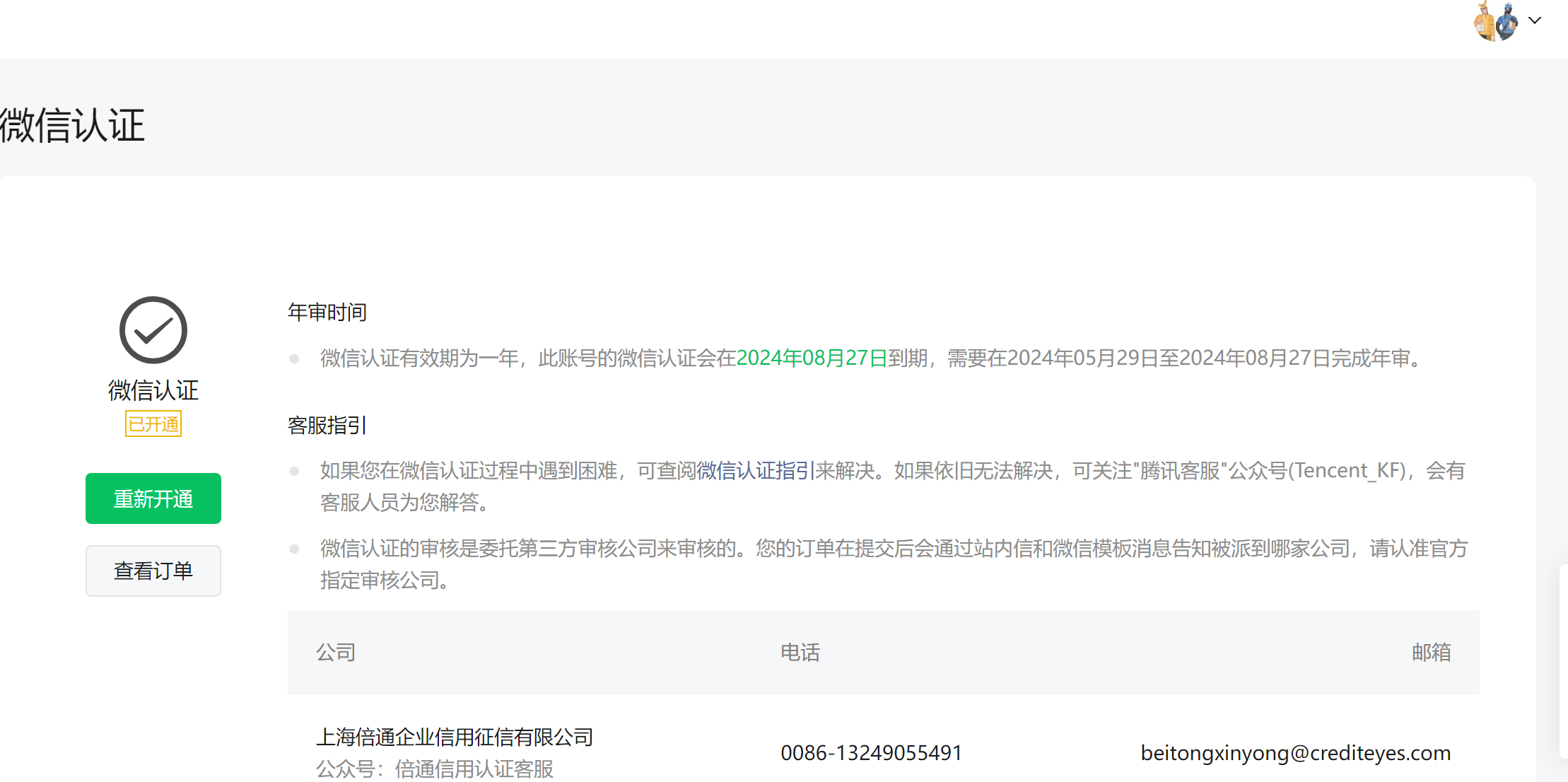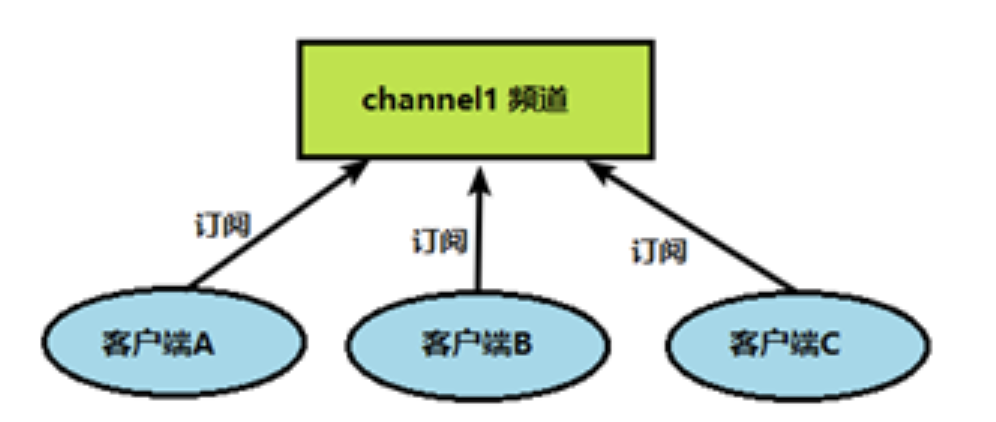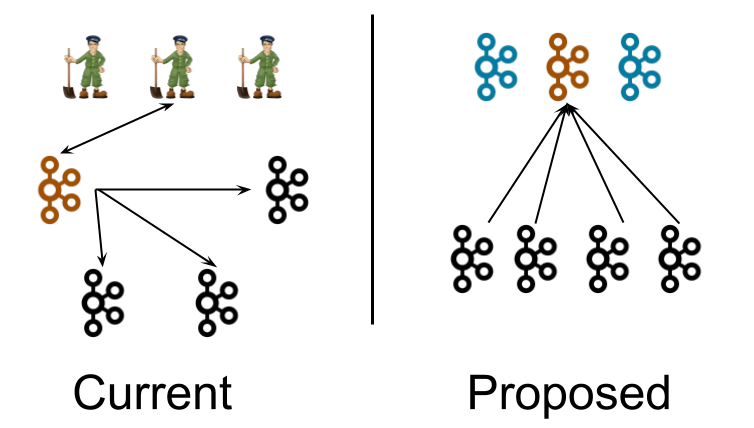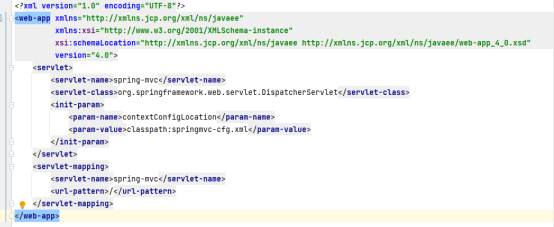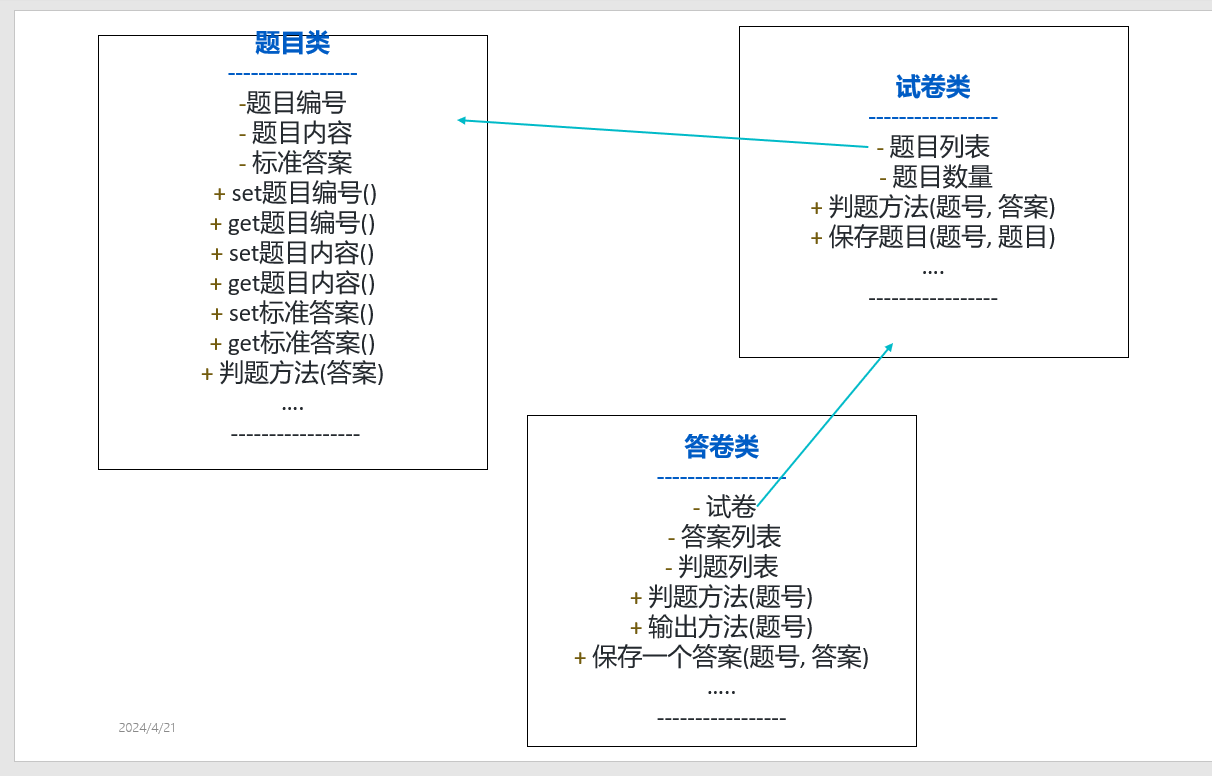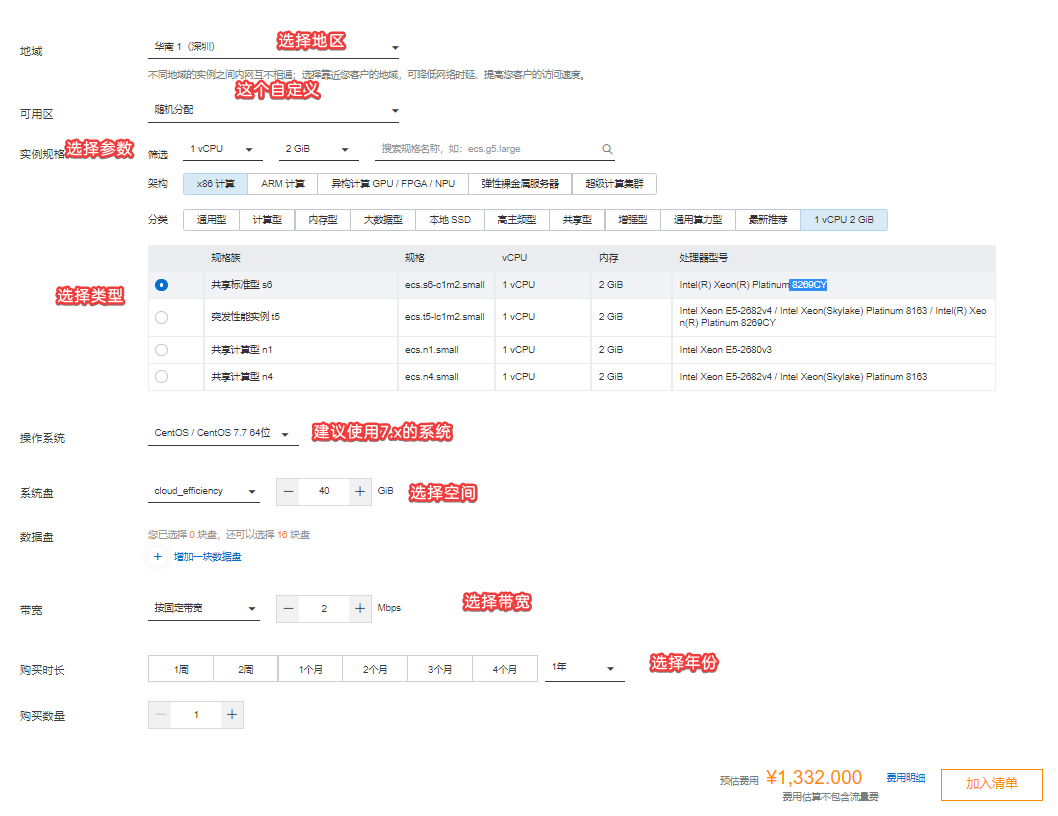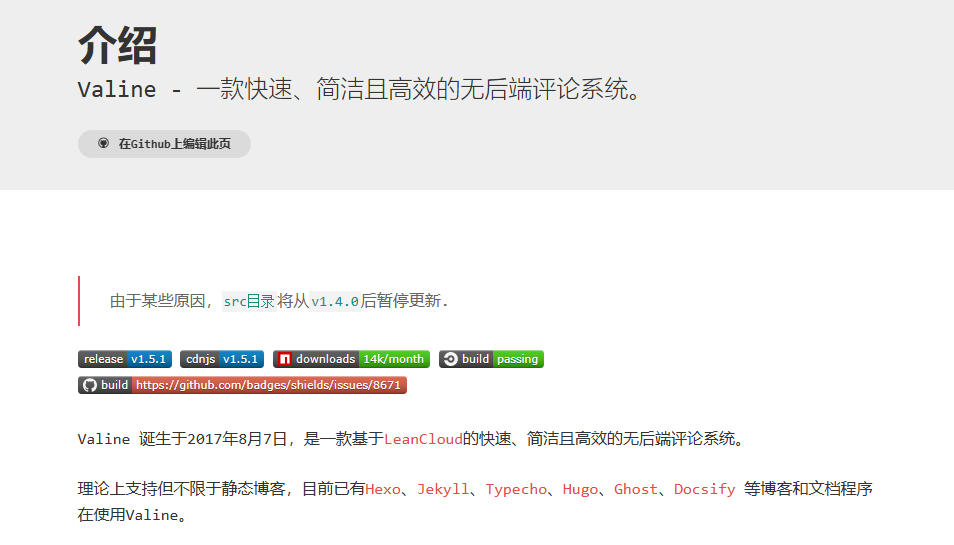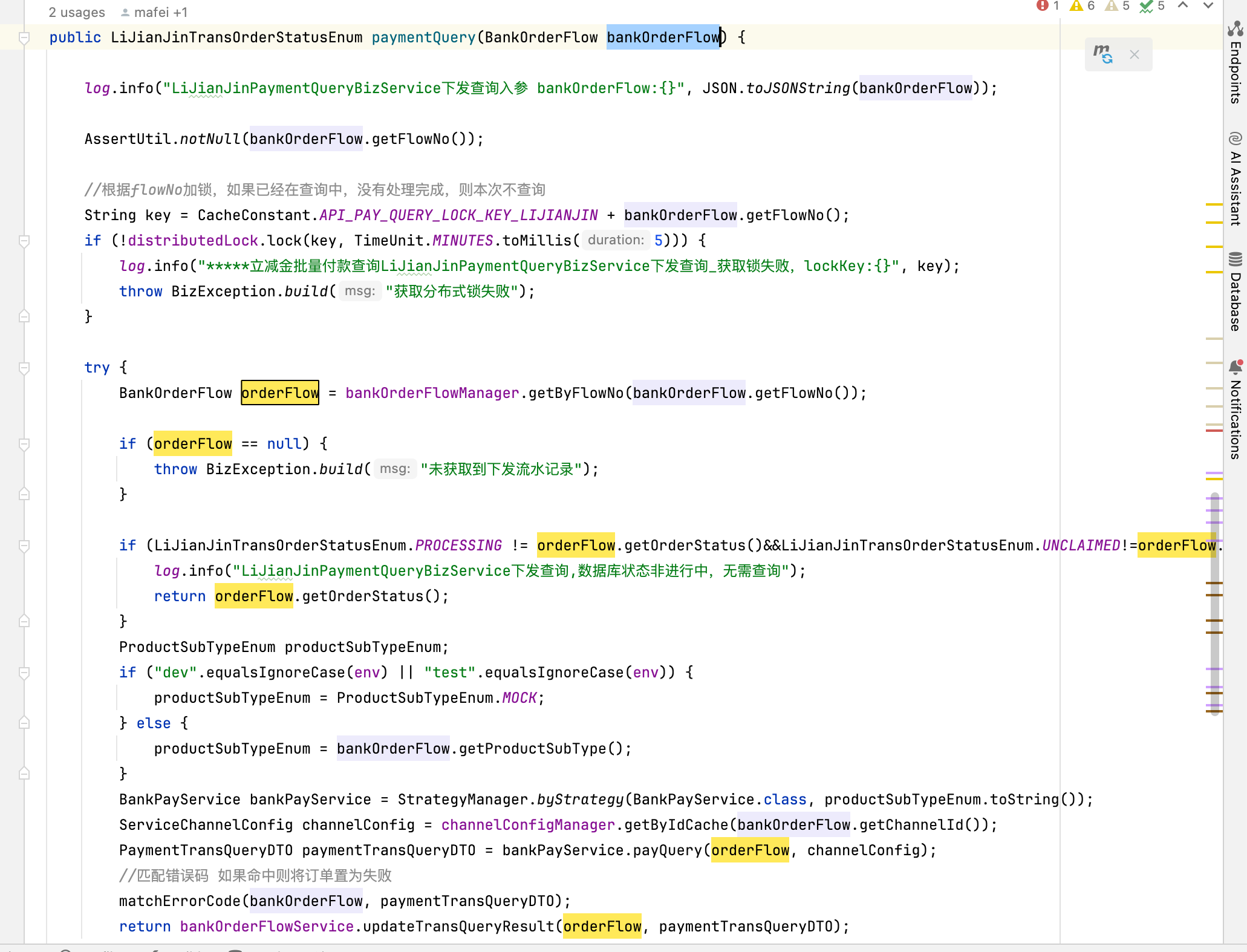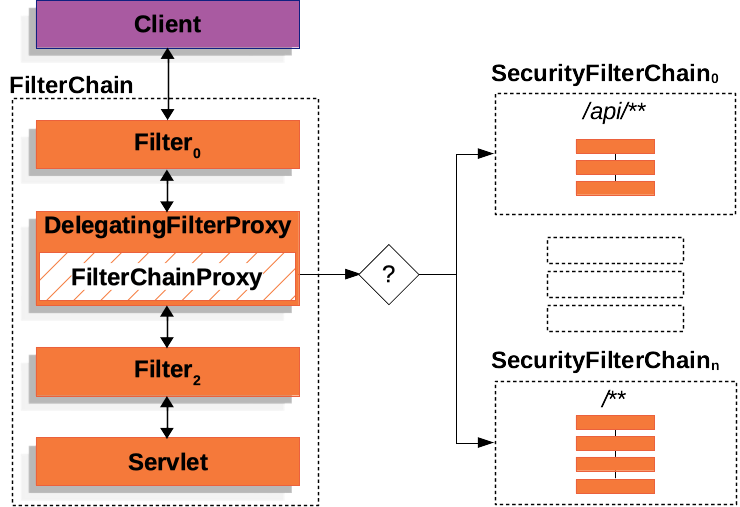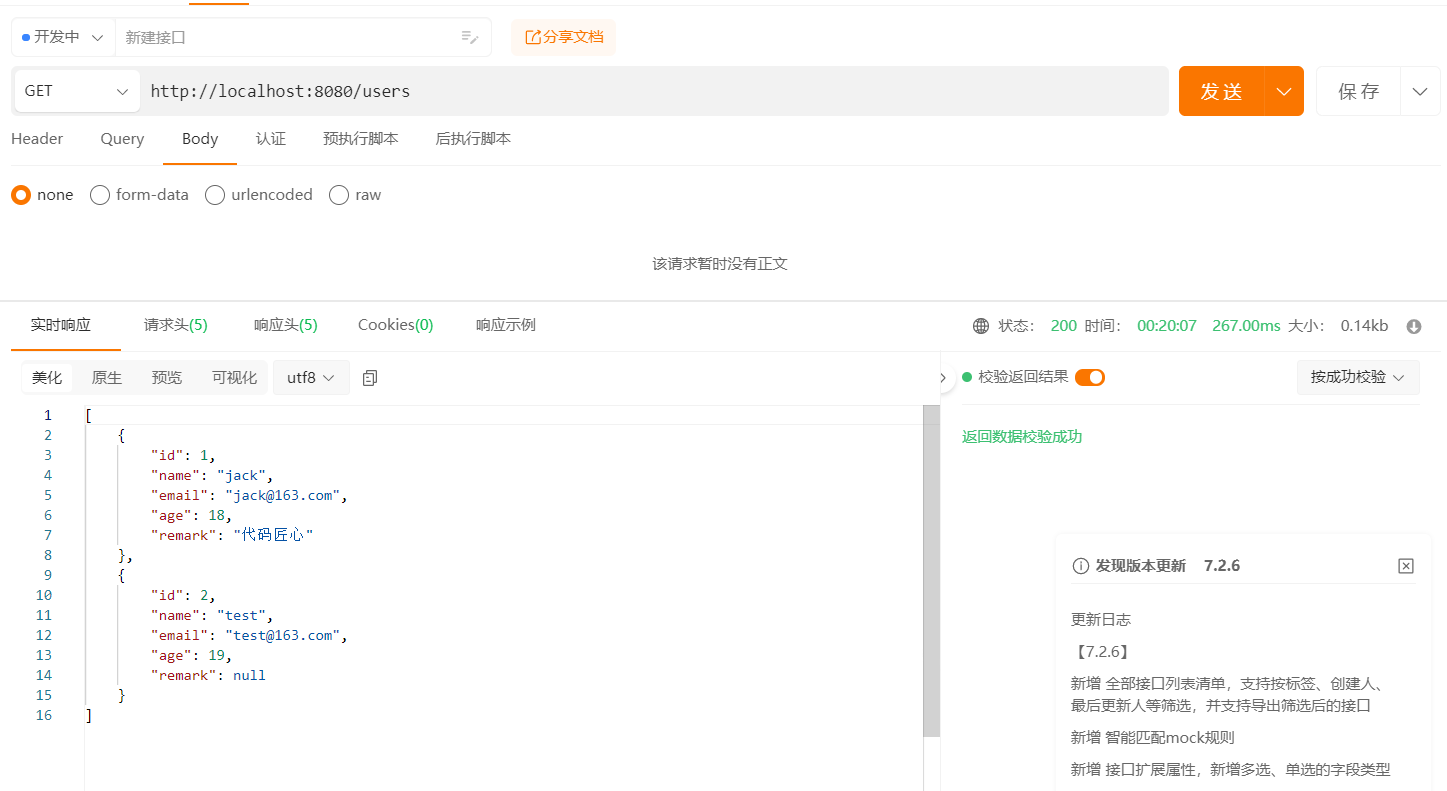Kubernetes CSI插件注册(二)—— Kubelet CSI插件注册机制源码分析
1、概述
Kubernetes的CSI Plugin注册机制的实现分为两个部分,第一部分是 sidecar "node-driver-registrar",第二部分是Kubelet的pluginManager,第一部分详细内容请参见《Kubernetes CSI插件注册(一)—— node-driver-registrar源码分析》,本文主要讲后者,即Kubelet的pluginManager模块的源码。
工程源码:https://github.com/kubernetes/kubernetes/tree/release-1.24
注意:本文基于Kubernetes 1.24.10版本编写。
2、Kubelet CSI插件注册原理
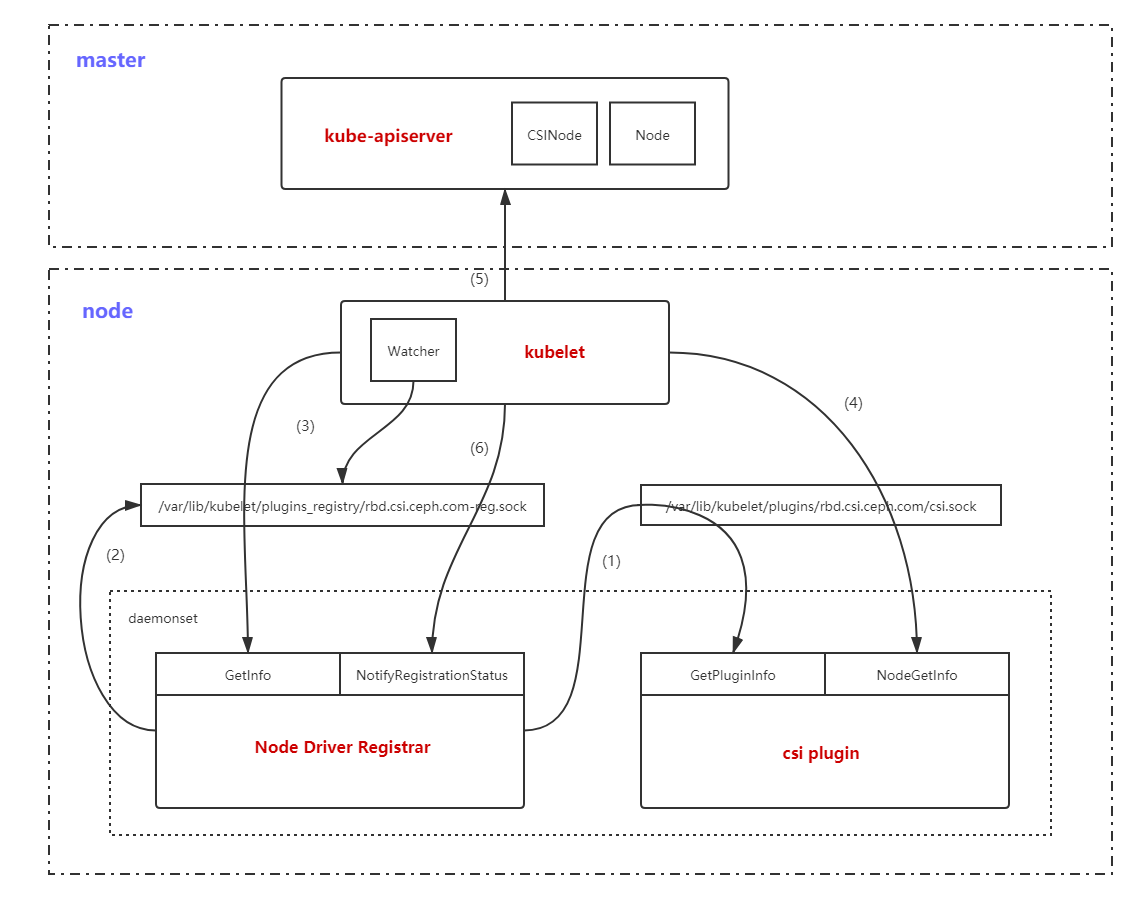
第 1 步
Node Driver Registrar 连接 csi plugin 组件暴露的 grpc 服务 socket 地址,调用 GetPluginInfo 接口,获取 csi plugin 的 driver 名称。
第 2 步
在/var/lib/kubelet/plugins_registry目录下启动一个 socket(socket文件名规则,csi插件名-reg.sock),对外暴露 GetInfo 和 NotifyRegistrationStatus 两个方法向Kubelet提供插件注册信息。Kubelet 通过 Watcher 可以发现该 socket。
第 3 步
Kubelet 通过 Watcher 监控/var/lib/kubelet/plugins_registry/目录,发现上述 socket 后,通过该 socket 调用 Node-Driver-Registrar 的 GetInfo 方法,获取 csi plugin 类型、csi plugin 的 driver 名称、csi plugin 暴露的 grpc 服务 socket 地址以及 csi plugin 支持的版本。
第 4 步
Kubelet 通过 csi plugin 组件暴露的 grpc 服务 socket 地址对其 NodeGetInfo 方法进行调用,获取 csi plugin 的 nodeID、存储卷最大挂载数、拓扑信息。
第 5 步
Kubelet 根据上一步获得的信息,去更新 node 节点的 Annotations信息,同时创建(或更新)一个 CSINode 对象。
第 6 步
Kubelet 通过 socket 调用 Node-Driver-Registrar 容器的 NotifyRegistrationStatus 方法,通知注册 csi plugin 成功。
通过以上 6 步就实现了Kubernetes CSI Plugin注册机制。
3、Kubelet pluginManger源码分析
3.1 pluginManager的初始化源码分析
NewMainKubelet():
Kubelet进程启动时,会调用NewMainKubelet()方法初始化Kubelet,紧接着NewMainKubelet()方法会调用pluginmanager.NewPluginManager来初始化pluginManager,所以把NewMainKubelet()作为分析入口,Kubelet程序从main方法启动到调用NewMainKubelet()方法的调用栈如下:
kubelet的main()方法 (cmd/kubelet/kubelet.go 40行) --> code := run(command) (cmd/kubelet/kubelet.go 47行) --> return Run(....)(cmd/kubelet/app/server.go 267行)--> err := run(....);(cmd/kubelet/app/server.go 406行)--> RunKubelet(....)(cmd/kubelet/app/server.go 760行)--> createAndInitKubelet(....) (cmd/kubelet/app/server.go 1131行)--> kubelet.NewMainKubelet(....)(cmd/kubelet/app/server.go 1236行)
NewMainKubelet()中调用pluginmanager.NewPluginManager来初始化pluginManager。
// pkg/kubelet/kubelet:740 klet.pluginManager = pluginmanager.NewPluginManager( // 这里sockDir的值就是 /var/lib/kubelet/plugins_registry klet.getPluginsRegistrationDir(), /* sockDir */ kubeDeps.Recorder, )
接着看下pluginManager结构体对象初始化及pluginManager的结构体的结构。
PluginManager结构体的初始化(pkg/kubelet/pluginmanager/plugin_manager.go):
plugins_registry目录(负责向kubelet注册csi driver的组件Node Driver Registrar会在该目录下创建暴露服务的socket文件),pluginManager通过Node Driver Registrar组件暴露的socket获取plugin信息(包括plugin的socket地址、plugin名称等),从而最终做到根据该目录下socket文件的新增/删除来做相应的plugin注册/取消注册操作。func NewPluginManager(
sockDir string,
recorder record.EventRecorder) PluginManager {
asw := cache.NewActualStateOfWorld()
dsw := cache.NewDesiredStateOfWorld()
reconciler := reconciler.NewReconciler(
operationexecutor.NewOperationExecutor(
operationexecutor.NewOperationGenerator(
recorder,
),
),
loopSleepDuration,
dsw,
asw,
)
pm := &pluginManager{
desiredStateOfWorldPopulator: pluginwatcher.NewWatcher(
sockDir,
dsw,
),
reconciler: reconciler,
desiredStateOfWorld: dsw,
actualStateOfWorld: asw,
}
return pm
}
PluginManager结构体(pkg/kubelet/pluginmanager/plugin_manager.go):
注意看,pluginManager结构体中定义了desiredStateOfWorldPopulator、actualStateOfWorld、desiredStateOfWorld 和 reconciler 字段。
type PluginManager interface {
// Starts the plugin manager and all the asynchronous loops that it controls
Run(sourcesReady config.SourcesReady, stopCh <-chan struct{})
// AddHandler adds the given plugin handler for a specific plugin type, which
// will be added to the actual state of world cache so that it can be passed to
// the desired state of world cache in order to be used during plugin
// registration/deregistration
AddHandler(pluginType string, pluginHandler cache.PluginHandler)
}
const (
// loopSleepDuration is the amount of time the reconciler loop waits
// between successive executions
loopSleepDuration = 1 * time.Second
)
// pluginManager implements the PluginManager interface
type pluginManager struct {
// desiredStateOfWorldPopulator (the plugin watcher) runs an asynchronous
// periodic loop to populate the desiredStateOfWorld.
desiredStateOfWorldPopulator *pluginwatcher.Watcher
// reconciler runs an asynchronous periodic loop to reconcile the
// desiredStateOfWorld with the actualStateOfWorld by triggering register
// and unregister operations using the operationExecutor.
reconciler reconciler.Reconciler
// actualStateOfWorld is a data structure containing the actual state of
// the world according to the manager: i.e. which plugins are registered.
// The data structure is populated upon successful completion of register
// and unregister actions triggered by the reconciler.
actualStateOfWorld cache.ActualStateOfWorld
// desiredStateOfWorld is a data structure containing the desired state of
// the world according to the plugin manager: i.e. what plugins are registered.
// The data structure is populated by the desired state of the world
// populator (plugin watcher).
desiredStateOfWorld cache.DesiredStateOfWorld
}
var _ PluginManager = &pluginManager{}
在遵循声明式管理的k8s中,dsw一般对应了k8s资源的spec,即期望状态。asw一般对应了k8s资源的status,即实际状态。k8s最常见的一个处理框架,即是监测到外界变化后,先将其写入dsw,然后在reconciler中对dsw和asw进行比较,做相应的处理后,再把dsw中的变化写入asw,让两者同步。
在pluginManger中,也有着相似的处理:
asw中存放的是已经在k8s中已成功注册的plugin信息,dsw中存放的是期望注册的plugin信息,后续会讲到Kubelet是如何监测到plugin的变化并将其存储到dsw,最终同步到asw。
actualStateOfWorld(pkg/kubelet/pluginmanager/cache/actual_state_of_world.go):
actualStateOfWorld结构体中存放的是已经完成了plugin注册操作的Node Driver Registrar组件暴露的socket相关信息。
type ActualStateOfWorld interface {
// GetRegisteredPlugins generates and returns a list of plugins
// that are successfully registered plugins in the current actual state of world.
GetRegisteredPlugins() []PluginInfo
// AddPlugin add the given plugin in the cache.
// An error will be returned if socketPath of the PluginInfo object is empty.
// Note that this is different from desired world cache's AddOrUpdatePlugin
// because for the actual state of world cache, there won't be a scenario where
// we need to update an existing plugin if the timestamps don't match. This is
// because the plugin should have been unregistered in the reconciler and therefore
// removed from the actual state of world cache first before adding it back into
// the actual state of world cache again with the new timestamp
AddPlugin(pluginInfo PluginInfo) error
// RemovePlugin deletes the plugin with the given socket path from the actual
// state of world.
// If a plugin does not exist with the given socket path, this is a no-op.
RemovePlugin(socketPath string)
// PluginExists checks if the given plugin exists in the current actual
// state of world cache with the correct timestamp
PluginExistsWithCorrectTimestamp(pluginInfo PluginInfo) bool
}
// NewActualStateOfWorld returns a new instance of ActualStateOfWorld
func NewActualStateOfWorld() ActualStateOfWorld {
return &actualStateOfWorld{
socketFileToInfo: make(map[string]PluginInfo),
}
}
type actualStateOfWorld struct {
// socketFileToInfo is a map containing the set of successfully registered plugins
// The keys are plugin socket file paths. The values are PluginInfo objects
socketFileToInfo map[string]PluginInfo
sync.RWMutex
}
var _ ActualStateOfWorld = &actualStateOfWorld{}
// PluginInfo holds information of a plugin
type PluginInfo struct {
SocketPath string
Timestamp time.Time
Handler PluginHandler
Name string
}
desiredStateOfWorld(pkg/kubelet/pluginmanager/cache/desired_state_of_world.go):
desiredStateOfWorld结构体中存放的是在pluginManager监听目录下存在的希望完成plugin注册操作的Node Driver Registrar组件暴露的socket信息。
type DesiredStateOfWorld interface {
// AddOrUpdatePlugin add the given plugin in the cache if it doesn't already exist.
// If it does exist in the cache, then the timestamp of the PluginInfo object in the cache will be updated.
// An error will be returned if socketPath is empty.
AddOrUpdatePlugin(socketPath string) error
// RemovePlugin deletes the plugin with the given socket path from the desired
// state of world.
// If a plugin does not exist with the given socket path, this is a no-op.
RemovePlugin(socketPath string)
// GetPluginsToRegister generates and returns a list of plugins
// in the current desired state of world.
GetPluginsToRegister() []PluginInfo
// PluginExists checks if the given socket path exists in the current desired
// state of world cache
PluginExists(socketPath string) bool
}
// NewDesiredStateOfWorld returns a new instance of DesiredStateOfWorld.
func NewDesiredStateOfWorld() DesiredStateOfWorld {
return &desiredStateOfWorld{
socketFileToInfo: make(map[string]PluginInfo),
}
}
type desiredStateOfWorld struct {
// socketFileToInfo is a map containing the set of successfully registered plugins
// The keys are plugin socket file paths. The values are PluginInfo objects
socketFileToInfo map[string]PluginInfo
sync.RWMutex
}
var _ DesiredStateOfWorld = &desiredStateOfWorld{}
reconciler(pkg/kubelet/pluginmanager/reconciler/reconciler.go):
reconciler对比desiredStateOfWorld与actualStateOfWorld做调谐,做plugin的注册操作/取消注册操作。
type Reconciler interface {
// Run starts running the reconciliation loop which executes periodically,
// checks if plugins are correctly registered or unregistered.
// If not, it will trigger register/unregister operations to rectify.
Run(stopCh <-chan struct{})
// AddHandler adds the given plugin handler for a specific plugin type,
// which will be added to the actual state of world cache.
AddHandler(pluginType string, pluginHandler cache.PluginHandler)
}
// NewReconciler returns a new instance of Reconciler.
//
// loopSleepDuration - the amount of time the reconciler loop sleeps between
//
// successive executions
// syncDuration - the amount of time the syncStates sleeps between
// successive executions
//
// operationExecutor - used to trigger register/unregister operations safely
//
// (prevents more than one operation from being triggered on the same
// socket path)
//
// desiredStateOfWorld - cache containing the desired state of the world
// actualStateOfWorld - cache containing the actual state of the world
func NewReconciler(
operationExecutor operationexecutor.OperationExecutor,
loopSleepDuration time.Duration,
desiredStateOfWorld cache.DesiredStateOfWorld,
actualStateOfWorld cache.ActualStateOfWorld) Reconciler {
return &reconciler{
operationExecutor: operationExecutor,
loopSleepDuration: loopSleepDuration,
desiredStateOfWorld: desiredStateOfWorld,
actualStateOfWorld: actualStateOfWorld,
handlers: make(map[string]cache.PluginHandler),
}
}
type reconciler struct {
operationExecutor operationexecutor.OperationExecutor
loopSleepDuration time.Duration
desiredStateOfWorld cache.DesiredStateOfWorld
actualStateOfWorld cache.ActualStateOfWorld
handlers map[string]cache.PluginHandler
sync.RWMutex
}
var _ Reconciler = &reconciler{}
Watcher(pkg/kubelet/pluginmanager/pluginwatcher/plugin_watcher.go):
监听plugins_registry目录下socket文件的新增/删除,进而更新dsw中存放的plugin信息。
// Watcher is the plugin watcher
type Watcher struct {
path string
fs utilfs.Filesystem
fsWatcher *fsnotify.Watcher
desiredStateOfWorld cache.DesiredStateOfWorld
}
// NewWatcher provides a new watcher for socket registration
func NewWatcher(sockDir string, desiredStateOfWorld cache.DesiredStateOfWorld) *Watcher {
return &Watcher{
path: sockDir,
fs: &utilfs.DefaultFs{},
desiredStateOfWorld: desiredStateOfWorld,
}
}
3.2 pluginManager的运行(处理逻辑)源码分析
上面介绍了pluginManager的初始化,接下来介绍pluginManager的运行也即Run方法进行分析,分析一下pluginManager的处理逻辑。
因为调用逻辑比较复杂,这里直接跳过了调用过程的分析,直接进入kl.pluginManager.Run()的分析,下面只给出该方法的一个调用链:
kubelet的main()方法 (cmd/kubelet/kubelet.go 40行) --> code := run(command) (cmd/kubelet/kubelet.go 47行) --> return Run(....)(cmd/kubelet/app/server.go 267行)--> err := run(....);(cmd/kubelet/app/server.go 406行)--> RunKubelet(....)(cmd/kubelet/app/server.go 760行)--> startKubelet(....) (cmd/kubelet/app/server.go 1181行)--> go k.Run(....)(cmd/kubelet/app/server.go 1190行)--> go wait.Until(kl.updateRuntimeUp, ...) (pkg/kubelet/kubelet.go 1438行) --> kl.oneTimeInitializer.Do(kl.initializeRuntimeDependentModules) (pkg/kubelet/kubelet.go 2370行,oneTimeInitializer是sync.Once函数)--> go kl.pluginManager.Run(kl.sourcesReady, wait.NeverStop) (pkg/kubelet/kubelet.go 1396行)
注意,在执行kl.pluginManager.Run()方法前,pluginManager对象添加了CSI插件注册回调方法和设备插件回调方法。
// Adding Registration Callback function for CSI Driver
kl.pluginManager.AddHandler(pluginwatcherapi.CSIPlugin, plugincache.PluginHandler(csi.PluginHandler))
// Adding Registration Callback function for Device Manager
kl.pluginManager.AddHandler(pluginwatcherapi.DevicePlugin, kl.containerManager.GetPluginRegistrationHandler())
// Start the plugin manager
klog.V(4).InfoS("Starting plugin manager")
go kl.pluginManager.Run(kl.sourcesReady, wait.NeverStop)
插件handler结构体必须实现插件验证方法、插件注册方法以及插件删除方法。
type PluginHandler interface {
// Validate returns an error if the information provided by
// the potential plugin is erroneous (unsupported version, ...)
ValidatePlugin(pluginName string, endpoint string, versions []string) error
// RegisterPlugin is called so that the plugin can be register by any
// plugin consumer
// Error encountered here can still be Notified to the plugin.
RegisterPlugin(pluginName, endpoint string, versions []string) error
// DeRegister is called once the pluginwatcher observes that the socket has
// been deleted.
DeRegisterPlugin(pluginName string)
}
kl.pluginManager.Run(pkg/kubelet/pluginmanager/plugin_manager.go 109行):
下面直接看到kl.pluginManager.Run的代码,该方法主要逻辑有两个:
(1)pm.desiredStateOfWorldPopulator.Start():持续监听/var/lib/kubelet/plugins_registry/目录下socket文件的变化事件(遍历/var/lib/kubelet/plugins_registry/目录包括其子目录下的所有socket文件),将Node Driver Registrar的socket信息写入desiredStateOfWorld中/从desiredStateOfWorld中删除;
(2)pm.reconciler.Run(): 对dsw和asw进行了同步,完成了plugin的注册/取消注册的操作。
func (pm *pluginManager) Run(sourcesReady config.SourcesReady, stopCh <-chan struct{}) {
// 捕获崩溃并记录错误,默认不传参的话,在程序发送崩溃时,在控制台打印一下崩溃日志后再崩溃,方便技术人员排查程序错误
defer runtime.HandleCrash()
/*
对 plugins_registry 目录启动了一个watcher,监听create和delete的操作
监听到 create 事件,会将socket路径写入 dsw
监听到 delete 事件,会将socket路径从 dsw 移除
*/
pm.desiredStateOfWorldPopulator.Start(stopCh)
klog.V(2).InfoS("The desired_state_of_world populator (plugin watcher) starts")
klog.InfoS("Starting Kubelet Plugin Manager")
/*
调用了常见的 wait.Until,以cron的形式去调rc.reconcile(),对比dsw和asw,并进行同步
*/
go pm.reconciler.Run(stopCh)
metrics.Register(pm.actualStateOfWorld, pm.desiredStateOfWorld)
<-stopCh
klog.InfoS("Shutting down Kubelet Plugin Manager")
}
pm.desiredStateOfWorldPopulator.Start(stopCh) (pkg/kubelet/pluginmanager/pluginwatcher/plugin_watcher.go):
对 plugins_registry 目录启动了一个watcher,然后遍历plugins_registry目录(遍历目录中的现有子级),如果是dir便添加到watcher中监控,如果是socket文件便调用w.handleCreateEvent,将该socket加入到desiredStateOfWorld中,主要用于当节点kubelet服务重启时,注册节点已存在的kubelet插件。
之后运行一个goroutine,持续监听plugins_registry注册目录的变化事件:
(1)当变化事件为新增事件时,即plugins_registry目录下多了文件,则调用w.handleCreateEvent,如果多的文件是socket文件类型,将该socket加入到desiredStateOfWorld中;
(2)当变化事件为删除事件时,即plugins_registry目录下删除了文件,则调用w.handleDeleteEvent,,如果删除的文件是socket文件类型,将该socket从desiredStateOfWorld中删除。
// Start watches for the creation and deletion of plugin sockets at the path
func (w *Watcher) Start(stopCh <-chan struct{}) error {
klog.V(2).InfoS("Plugin Watcher Start", "path", w.path)
// 如果plugins_registry目录(/var/lib/kubelet/plugins_registry/)目录不存在的话便创建plugins_registry目录
// Creating the directory to be watched if it doesn't exist yet,
// and walks through the directory to discover the existing plugins.
if err := w.init(); err != nil {
return err
}
fsWatcher, err := fsnotify.NewWatcher()
if err != nil {
return fmt.Errorf("failed to start plugin fsWatcher, err: %v", err)
}
w.fsWatcher = fsWatcher
/*
在开始插件处理goroutine之前,遍历plugins_registry目录(遍历目录中的现有子级),如果是dir便添加到fsWtacher对象中监控,如果是socket文件便
新增fsnotify事件,并调用w.handleCreateEvent,将该socket加入到dsw中,如果是其他普通文件便忽略掉。其主要作用是当节点kubelet服务重启时,将
当前节点plugins_registry目录下已经存在的各种csi类型的Node Driver Registrar组件暴露的socket文件(当然也可能是设备插件暴露的socket文件)
注册到dsw,以使得kubelet的pluginManager组件完成各种csi组件的注册。
*/
// Traverse plugin dir and add filesystem watchers before starting the plugin processing goroutine.
if err := w.traversePluginDir(w.path); err != nil {
klog.ErrorS(err, "Failed to traverse plugin socket path", "path", w.path)
}
// 启动协程,for循环监听plugins_registry目录(遍历目录中的现有子级)下产生的fsnotify.create和fsnotify.delete的事件,并调用w.handleCreateEvent方法
go func(fsWatcher *fsnotify.Watcher) {
for {
select {
case event := <-fsWatcher.Events:
//TODO: Handle errors by taking corrective measures
if event.Op&fsnotify.Create == fsnotify.Create {
err := w.handleCreateEvent(event)
if err != nil {
klog.ErrorS(err, "Error when handling create event", "event", event)
}
} else if event.Op&fsnotify.Remove == fsnotify.Remove {
w.handleDeleteEvent(event)
}
continue
case err := <-fsWatcher.Errors:
if err != nil {
klog.ErrorS(err, "FsWatcher received error")
}
continue
case <-stopCh:
w.fsWatcher.Close()
return
}
}
}(fsWatcher)
return nil
}
// Walks through the plugin directory discover any existing plugin sockets.
// Ignore all errors except root dir not being walkable
func (w *Watcher) traversePluginDir(dir string) error {
// watch the new dir
err := w.fsWatcher.Add(dir)
if err != nil {
return fmt.Errorf("failed to watch %s, err: %v", w.path, err)
}
// traverse existing children in the dir
return w.fs.Walk(dir, func(path string, info os.FileInfo, err error) error {
if err != nil {
if path == dir {
return fmt.Errorf("error accessing path: %s error: %v", path, err)
}
klog.ErrorS(err, "Error accessing path", "path", path)
return nil
}
// do not call fsWatcher.Add twice on the root dir to avoid potential problems.
if path == dir {
return nil
}
switch mode := info.Mode(); {
case mode.IsDir():
if err := w.fsWatcher.Add(path); err != nil {
return fmt.Errorf("failed to watch %s, err: %v", path, err)
}
case mode&os.ModeSocket != 0:
event := fsnotify.Event{
Name: path,
Op: fsnotify.Create,
}
//TODO: Handle errors by taking corrective measures
if err := w.handleCreateEvent(event); err != nil {
klog.ErrorS(err, "Error when handling create", "event", event)
}
default:
klog.V(5).InfoS("Ignoring file", "path", path, "mode", mode)
}
return nil
})
}
w.handleCreateEvent()(pkg/kubelet/pluginmanager/pluginwatcher/plugin_watcher.go):
w.handleCreateEvent()主要逻辑:
(1)判断新增事件是否为文件,且是否是socket文件;
(2)是socket文件,则调用w.handlePluginRegistration做处理,主要是将该socket加入到desiredStateOfWorld中。
func (w *Watcher) handleCreateEvent(event fsnotify.Event) error {
klog.V(6).InfoS("Handling create event", "event", event)
fi, err := os.Stat(event.Name)
// TODO: This is a workaround for Windows 20H2 issue for os.Stat(). Please see
// microsoft/Windows-Containers#97 for details.
// Once the issue is resvolved, the following os.Lstat() is not needed.
if err != nil && runtime.GOOS == "windows" {
fi, err = os.Lstat(event.Name)
}
if err != nil {
return fmt.Errorf("stat file %s failed: %v", event.Name, err)
}
if strings.HasPrefix(fi.Name(), ".") {
klog.V(5).InfoS("Ignoring file (starts with '.')", "path", fi.Name())
return nil
}
if !fi.IsDir() {
isSocket, err := util.IsUnixDomainSocket(util.NormalizePath(event.Name))
if err != nil {
return fmt.Errorf("failed to determine if file: %s is a unix domain socket: %v", event.Name, err)
}
if !isSocket {
klog.V(5).InfoS("Ignoring non socket file", "path", fi.Name())
return nil
}
return w.handlePluginRegistration(event.Name)
}
// 如果新增的是dir,再将dir及dir中所有文件添加到fsWtacher对象中监控
return w.traversePluginDir(event.Name)
}
func (w *Watcher) handlePluginRegistration(socketPath string) error {
if runtime.GOOS == "windows" {
socketPath = util.NormalizePath(socketPath)
}
// Update desired state of world list of plugins
// If the socket path does exist in the desired world cache, there's still
// a possibility that it has been deleted and recreated again before it is
// removed from the desired world cache, so we still need to call AddOrUpdatePlugin
// in this case to update the timestamp
klog.V(2).InfoS("Adding socket path or updating timestamp to desired state cache", "path", socketPath)
err := w.desiredStateOfWorld.AddOrUpdatePlugin(socketPath)
if err != nil {
return fmt.Errorf("error adding socket path %s or updating timestamp to desired state cache: %v", socketPath, err)
}
return nil
}
func (dsw *desiredStateOfWorld) AddOrUpdatePlugin(socketPath string) error {
dsw.Lock()
defer dsw.Unlock()
if socketPath == "" {
return fmt.Errorf("socket path is empty")
}
if _, ok := dsw.socketFileToInfo[socketPath]; ok {
klog.V(2).InfoS("Plugin exists in actual state cache, timestamp will be updated", "path", socketPath)
}
// Update the PluginInfo object.
// Note that we only update the timestamp in the desired state of world, not the actual state of world
// because in the reconciler, we need to check if the plugin in the actual state of world is the same
// version as the plugin in the desired state of world
dsw.socketFileToInfo[socketPath] = PluginInfo{
SocketPath: socketPath,
Timestamp: time.Now(),
}
return nil
}
w.handleDeleteEvent(event)(pkg/kubelet/pluginmanager/pluginwatcher/plugin_watcher.go):
w.handleDeleteEvent()主要逻辑:
(1)将socket从desiredStateOfWorld中删除。
func (w *Watcher) handleDeleteEvent(event fsnotify.Event) {
klog.V(6).InfoS("Handling delete event", "event", event)
socketPath := event.Name
klog.V(2).InfoS("Removing socket path from desired state cache", "path", socketPath)
w.desiredStateOfWorld.RemovePlugin(socketPath)
}
func (dsw *desiredStateOfWorld) RemovePlugin(socketPath string) {
dsw.Lock()
defer dsw.Unlock()
delete(dsw.socketFileToInfo, socketPath)
}
pm.reconciler.Run(stopCh)(pkg/kubelet/pluginmanager/reconciler/reconciler.go):
pm.reconciler.Run()主要逻辑为对比desiredStateOfWorld与actualStateOfWorld做调谐,做plugin的注册操作/取消注册操作。具体逻辑如下:
(1)对比actualStateOfWorld,如果desiredStateOfWorld中没有该socket信息,或者desiredStateOfWorld中该socket的Timestamp值与actualStateOfWorld中的不相等(即plugin更新了),则说明该plugin需要取消注册(更新的plugin需先取消注册,然后再次注册),调用rc.operationExecutor.UnregisterPlugin做plugin取消注册操作;
(2)对比desiredStateOfWorld,如果actualStateOfWorld中没有该socket信息,则调用rc.operationExecutor.RegisterPlugin做plugin注册操作。
// 定时调度器,每隔1秒调用1次rc.reconcile()方法,时间间隔不包括执行rc.reconcile()方法逻辑时间
func (rc *reconciler) Run(stopCh <-chan struct{}) {
wait.Until(func() {
rc.reconcile()
},
rc.loopSleepDuration,
stopCh)
}
func (rc *reconciler) reconcile() {
// Unregisterations are triggered before registrations
// Ensure plugins that should be unregistered are unregistered.
for _, registeredPlugin := range rc.actualStateOfWorld.GetRegisteredPlugins() {
unregisterPlugin := false
// 如果desiredStateOfWorld中没有该socket信息,则说明该plugin需要取消注册
if !rc.desiredStateOfWorld.PluginExists(registeredPlugin.SocketPath) {
unregisterPlugin = true
} else {
// We also need to unregister the plugins that exist in both actual state of world
// and desired state of world cache, but the timestamps don't match.
// Iterate through desired state of world plugins and see if there's any plugin
// with the same socket path but different timestamp.
for _, dswPlugin := range rc.desiredStateOfWorld.GetPluginsToRegister() {
// desiredStateOfWorld中该socket的Timestamp值与actualStateOfWorld中的不相等(即plugin更新了),则说明该plugin需要取消注册(更新的plugin需先取消注册,然后再重新完成一次注册操作流程)
if dswPlugin.SocketPath == registeredPlugin.SocketPath && dswPlugin.Timestamp != registeredPlugin.Timestamp {
klog.V(5).InfoS("An updated version of plugin has been found, unregistering the plugin first before reregistering", "plugin", registeredPlugin)
unregisterPlugin = true
break
}
}
}
// 取消插件
if unregisterPlugin {
klog.V(5).InfoS("Starting operationExecutor.UnregisterPlugin", "plugin", registeredPlugin)
err := rc.operationExecutor.UnregisterPlugin(registeredPlugin, rc.actualStateOfWorld)
if err != nil &&
!goroutinemap.IsAlreadyExists(err) &&
!exponentialbackoff.IsExponentialBackoff(err) {
// Ignore goroutinemap.IsAlreadyExists and exponentialbackoff.IsExponentialBackoff errors, they are expected.
// Log all other errors.
klog.ErrorS(err, "OperationExecutor.UnregisterPlugin failed", "plugin", registeredPlugin)
}
if err == nil {
klog.V(1).InfoS("OperationExecutor.UnregisterPlugin started", "plugin", registeredPlugin)
}
}
}
// Ensure plugins that should be registered are registered
for _, pluginToRegister := range rc.desiredStateOfWorld.GetPluginsToRegister() {
// 忽略已注册的插件,即desiredStateOfWorld中该socket的Timestamp值与actualStateOfWorld中的相等
if !rc.actualStateOfWorld.PluginExistsWithCorrectTimestamp(pluginToRegister) {
klog.V(5).InfoS("Starting operationExecutor.RegisterPlugin", "plugin", pluginToRegister)
err := rc.operationExecutor.RegisterPlugin(pluginToRegister.SocketPath, pluginToRegister.Timestamp, rc.getHandlers(), rc.actualStateOfWorld)
if err != nil &&
!goroutinemap.IsAlreadyExists(err) &&
!exponentialbackoff.IsExponentialBackoff(err) {
// Ignore goroutinemap.IsAlreadyExists and exponentialbackoff.IsExponentialBackoff errors, they are expected.
klog.ErrorS(err, "OperationExecutor.RegisterPlugin failed", "plugin", pluginToRegister)
}
if err == nil {
klog.V(1).InfoS("OperationExecutor.RegisterPlugin started", "plugin", pluginToRegister)
}
}
}
}
rc.operationExecutor.RegisterPlugin(....) (pkg/kubelet/pluginmanager/operationexecutor/operation_executor.go):
rc.operationExecutor.RegisterPlugin()主要逻辑:做plugin注册操作。
那plugin注册操作具体做了什么呢?继续往下分析。
plugin注册操作方法调用链
kl.pluginManager.Run() --> pm.desiredStateOfWorldPopulator.Start() --> pm.reconciler.Run() --> rc.reconcile() --> rc.operationExecutor.RegisterPlugin() --> oe.pendingOperations.Run() --> oe.operationGenerator.GenerateRegisterPluginFunc() --> handler.RegisterPlugin() --> nim.InstallCSIDriver() --> nim.updateNode() && nim.updateCSINode()
下面来对plugin注册操作的部分关键方法进行分析。
GenerateRegisterPluginFunc(....) (pkg/kubelet/pluginmanager/operationexecutor/operation_generator.go)
下面来分析下GenerateRegisterPluginFunc的逻辑,主要是定义并实现一个plugin注册的方法,然后返回。plugin注册方法主要逻辑如下:
(1)检测Node Driver Registrar组件socket的连通性;
(2)通过Node Driver Registrar组件socket获取plugin信息(获取 csi插件类型、csi插件名、csi插件监听的grpc服务socket地址以及此csi插件支持的版本);
(3)调用handler.ValidatePlugin(),检查已注册的plugin中是否有比该需要注册的plugin同名的的更高的版本,如有,则返回注册失败,并通知plugin注册失败;注意:自Kubernetes v1.17起,不再支持CSI v0.x 版本;
(4)向actualStateOfWorld中增加该Node Driver Registrar组件的socket信息;
(5)调用handler.RegisterPlugin()做进一步的plugin注册操作;
(6)调用og.notifyPlugin,通知plugin,已经向kubelet注册成功/注册失败。
所以接下来会对handler.RegisterPlugin()方法进行分析。
func (oe *operationExecutor) RegisterPlugin(
socketPath string,
timestamp time.Time,
pluginHandlers map[string]cache.PluginHandler,
actualStateOfWorld ActualStateOfWorldUpdater) error {
generatedOperation :=
oe.operationGenerator.GenerateRegisterPluginFunc(socketPath, timestamp, pluginHandlers, actualStateOfWorld)
return oe.pendingOperations.Run(
socketPath, generatedOperation)
func (grm *goRoutineMap) Run(
operationName string,
operationFunc func() error) error {
grm.lock.Lock()
defer grm.lock.Unlock()
existingOp, exists := grm.operations[operationName]
if exists {
// Operation with name exists
if existingOp.operationPending {
return NewAlreadyExistsError(operationName)
}
if err := existingOp.expBackoff.SafeToRetry(operationName); err != nil {
return err
}
}
grm.operations[operationName] = operation{
operationPending: true,
expBackoff: existingOp.expBackoff,
}
go func() (err error) {
// 捕获崩溃并记录错误,默认不传参的话,在程序发送崩溃时,在控制台打印一下崩溃日志后再崩溃,方便技术人员排查程序错误。
defer k8sRuntime.HandleCrash()
/*
调用插件注册/删除方法不报错或者grm.exponentialBackOffOnError=false的话,将从grm.operations中移除此协程;
调用插件注册/删除方法报错并且grm.exponentialBackOffOnError=true,则将产生指数级补偿,到达补偿时间后才能调用插件注册/删除方法
*/
// Handle completion of and error, if any, from operationFunc()
defer grm.operationComplete(operationName, &err)
// Handle panic, if any, from operationFunc()
defer k8sRuntime.RecoverFromPanic(&err)
return operationFunc()
}()
return nil
}
func (og *operationGenerator) GenerateRegisterPluginFunc(
socketPath string,
timestamp time.Time,
pluginHandlers map[string]cache.PluginHandler,
actualStateOfWorldUpdater ActualStateOfWorldUpdater) func() error {
registerPluginFunc := func() error {
client, conn, err := dial(socketPath, dialTimeoutDuration)
if err != nil {
return fmt.Errorf("RegisterPlugin error -- dial failed at socket %s, err: %v", socketPath, err)
}
defer conn.Close()
ctx, cancel := context.WithTimeout(context.Background(), time.Second)
defer cancel()
// kubelet 作为Grpc客户端调用Grpc服务端(node-driver-registrar组件 RegistrationServer服务)的GetInfo方法,获取 csi插件类型、csi插件名、csi插件监听的grpc服务socket地址以及此csi插件支持的版本
infoResp, err := client.GetInfo(ctx, ®isterapi.InfoRequest{})
if err != nil {
return fmt.Errorf("RegisterPlugin error -- failed to get plugin info using RPC GetInfo at socket %s, err: %v", socketPath, err)
}
// 判断此插件的类型是否在reconciler的Handlers中注册了,kubelet默认只注册了CSIPlugin和DevicePlugin两个类型
handler, ok := pluginHandlers[infoResp.Type]
if !ok {
if err := og.notifyPlugin(client, false, fmt.Sprintf("RegisterPlugin error -- no handler registered for plugin type: %s at socket %s", infoResp.Type, socketPath)); err != nil {
return fmt.Errorf("RegisterPlugin error -- failed to send error at socket %s, err: %v", socketPath, err)
}
return fmt.Errorf("RegisterPlugin error -- no handler registered for plugin type: %s at socket %s", infoResp.Type, socketPath)
}
// 如果csi插件监听的grpc服务socket地址为空的话便设置其值为node-driver-registrar监听的socket地址
if infoResp.Endpoint == "" {
infoResp.Endpoint = socketPath
}
// 检查已注册的plugin中是否有比该需要注册的plugin同名的的更高的版本,如有,则返回注册失败,并通知plugin注册失败;注意:自Kubernetes v1.17起,不再支持CSI v0.x 版本。
if err := handler.ValidatePlugin(infoResp.Name, infoResp.Endpoint, infoResp.SupportedVersions); err != nil {
if err = og.notifyPlugin(client, false, fmt.Sprintf("RegisterPlugin error -- plugin validation failed with err: %v", err)); err != nil {
return fmt.Errorf("RegisterPlugin error -- failed to send error at socket %s, err: %v", socketPath, err)
}
return fmt.Errorf("RegisterPlugin error -- pluginHandler.ValidatePluginFunc failed")
}
// 向actualStateOfWorld中增加该Node Driver Registrar组件的socket信息;
// We add the plugin to the actual state of world cache before calling a plugin consumer's Register handle
// so that if we receive a delete event during Register Plugin, we can process it as a DeRegister call.
err = actualStateOfWorldUpdater.AddPlugin(cache.PluginInfo{
SocketPath: socketPath, // node-driver-registrar监听的socket地址
Timestamp: timestamp,
Handler: handler,
Name: infoResp.Name,
})
if err != nil {
klog.ErrorS(err, "RegisterPlugin error -- failed to add plugin", "path", socketPath)
}
/*
插件注册
1)插件版本验证;
2)csiDrivers使用全局变量存放注册csi插件信息(后续kubelet调用csi plugin进行存储的挂载/解除挂载操作,将通过plugin名称从此变量中拿到socket地址并进行通信);
3)kubelet 作为Grpc客户端调用Grpc服务端(csi Plugin的NodeServer服务)的NodeGetInfo方法,返回参数:node在k8s集群id、存储卷最大挂载数、拓扑信息;
4)更新node对象注解和标签(accessibleTopology值不为nil的话);创建或更新CSINode对象,维护上此插件的drivers信息。
*/
if err := handler.RegisterPlugin(infoResp.Name, infoResp.Endpoint, infoResp.SupportedVersions); err != nil {
return og.notifyPlugin(client, false, fmt.Sprintf("RegisterPlugin error -- plugin registration failed with err: %v", err))
}
// Notify is called after register to guarantee that even if notify throws an error Register will always be called after validate
if err := og.notifyPlugin(client, true, ""); err != nil {
return fmt.Errorf("RegisterPlugin error -- failed to send registration status at socket %s, err: %v", socketPath, err)
}
return nil
}
return registerPluginFunc
}
// 告知Node Driver Registrar组件插件是否注册成功
func (og *operationGenerator) notifyPlugin(client registerapi.RegistrationClient, registered bool, errStr string) error {
ctx, cancel := context.WithTimeout(context.Background(), notifyTimeoutDuration)
defer cancel()
status := ®isterapi.RegistrationStatus{
PluginRegistered: registered,
Error: errStr,
}
if _, err := client.NotifyRegistrationStatus(ctx, status); err != nil {
return fmt.Errorf("%s: %w", errStr, err)
}
if errStr != "" {
return errors.New(errStr)
}
return nil
}
// 用于创建访问Node Driver Registrar组件(RegistrationServer服务)的grpc客户端
// Dial establishes the gRPC communication with the picked up plugin socket. https://godoc.org/google.golang.org/grpc#Dial
func dial(unixSocketPath string, timeout time.Duration) (registerapi.RegistrationClient, *grpc.ClientConn, error) {
ctx, cancel := context.WithTimeout(context.Background(), timeout)
defer cancel()
c, err := grpc.DialContext(ctx, unixSocketPath, grpc.WithInsecure(), grpc.WithBlock(),
grpc.WithContextDialer(func(ctx context.Context, addr string) (net.Conn, error) {
return (&net.Dialer{}).DialContext(ctx, "unix", addr)
}),
)
if err != nil {
return nil, nil, fmt.Errorf("failed to dial socket %s, err: %v", unixSocketPath, err)
}
return registerapi.NewRegistrationClient(c), c, nil
}
handler.RegisterPlugin() (go/src/kubernetes_projects/kubernetes-1.24.10/pkg/volume/csi/csi_plugin.go):
handler.RegisterPlugin()方法主要逻辑:
(1)存储该plugin信息(主要是plugin名称与plugin的socket地址)到csiDrivers变量中(后续kubelet调用csi plugin进行存储的挂载/解除挂载操作,将通过plugin名称从此变量中拿到socket地址并进行通信);
(2)kubelet 作为Grpc客户端调用Grpc服务端(csi Plugin的NodeServer服务)的NodeGetInfo方法,返回参数:node在k8s集群id、存储卷最大挂载数、拓扑信息
(3)调用nim.InstallCSIDriver,做进一步的plugin注册操作(插件注册,更新node对象注解和标签(accessibleTopology值不为nil的话);创建或更新CSINode对象)。
// RegisterPlugin is called when a plugin can be registered
func (h *RegistrationHandler) RegisterPlugin(pluginName string, endpoint string, versions []string) error {
klog.Infof(log("Register new plugin with name: %s at endpoint: %s", pluginName, endpoint))
// 版本验证
highestSupportedVersion, err := h.validateVersions("RegisterPlugin", pluginName, endpoint, versions)
if err != nil {
return err
}
// csiDrivers使用全局变量存放已注册csi插件信息,包括csi插件监听的grpc服务socket地址以及csi插件支持的最高版本
// Storing endpoint of newly registered CSI driver into the map, where CSI driver name will be the key
// all other CSI components will be able to get the actual socket of CSI drivers by its name.
csiDrivers.Set(pluginName, Driver{
endpoint: endpoint,
highestSupportedVersion: highestSupportedVersion,
})
// Get node info from the driver.
csi, err := newCsiDriverClient(csiDriverName(pluginName))
if err != nil {
return err
}
ctx, cancel := context.WithTimeout(context.Background(), csiTimeout)
defer cancel()
// kubelet 作为Grpc客户端调用Grpc服务端(csi Plugin的NodeServer服务)的NodeGetInfo方法,返回参数:node在k8s集群id、存储卷最大挂载数、拓扑信息
driverNodeID, maxVolumePerNode, accessibleTopology, err := csi.NodeGetInfo(ctx)
if err != nil {
if unregErr := unregisterDriver(pluginName); unregErr != nil {
klog.Error(log("registrationHandler.RegisterPlugin failed to unregister plugin due to previous error: %v", unregErr))
}
return err
}
// 插件注册,更新node对象注解和标签(accessibleTopology值不为nil的话);创建或更新CSINode对象。
err = nim.InstallCSIDriver(pluginName, driverNodeID, maxVolumePerNode, accessibleTopology)
if err != nil {
if unregErr := unregisterDriver(pluginName); unregErr != nil {
klog.Error(log("registrationHandler.RegisterPlugin failed to unregister plugin due to previous error: %v", unregErr))
}
return err
}
return nil
}
nim.InstallCSIDriver() (pkg/volume/csi/nodeinfomanager/nodeinfomanager.go)
nim.InstallCSIDriver()中主要看到updateNodeIDInNode()与nim.updateCSINode()两个方法,主要逻辑都在其中:
(1)updateNodeIDInNode():更新node对象,向node对象的annotation中key为csi.volume.kubernetes.io/nodeid的值中去增加注册的plugin信息。
(2)nim.updateCSINode():创建或更新CSINode对象。
func (nim *nodeInfoManager) InstallCSIDriver(driverName string, driverNodeID string, maxAttachLimit int64, topology map[string]string) error {
if driverNodeID == "" {
return fmt.Errorf("error adding CSI driver node info: driverNodeID must not be empty")
}
nodeUpdateFuncs := []nodeUpdateFunc{
updateNodeIDInNode(driverName, driverNodeID),
updateTopologyLabels(topology),
}
err := nim.updateNode(nodeUpdateFuncs...)
if err != nil {
return fmt.Errorf("error updating Node object with CSI driver node info: %v", err)
}
err = nim.updateCSINode(driverName, driverNodeID, maxAttachLimit, topology)
if err != nil {
return fmt.Errorf("error updating CSINode object with CSI driver node info: %v", err)
}
return nil
}
// updateNodeIDInNode returns a function that updates a Node object with the given
// Node ID information.
func updateNodeIDInNode(
csiDriverName string,
csiDriverNodeID string) nodeUpdateFunc {
return func(node *v1.Node) (*v1.Node, bool, error) {
existingDriverMap, err := buildNodeIDMapFromAnnotation(node)
if err != nil {
return nil, false, err
}
if val, ok := existingDriverMap[csiDriverName]; ok {
if val == csiDriverNodeID {
// Value already exists in node annotation, nothing more to do
return node, false, nil
}
}
// Add/update annotation value
existingDriverMap[csiDriverName] = csiDriverNodeID
jsonObj, err := json.Marshal(existingDriverMap)
if err != nil {
return nil, false, fmt.Errorf(
"error while marshalling node ID map updated with driverName=%q, nodeID=%q: %v",
csiDriverName,
csiDriverNodeID,
err)
}
if node.ObjectMeta.Annotations == nil {
node.ObjectMeta.Annotations = make(map[string]string)
}
node.ObjectMeta.Annotations[annotationKeyNodeID] = string(jsonObj)
return node, true, nil
}
}
// updateTopologyLabels returns a function that updates labels of a Node object with the given
// topology information.
func updateTopologyLabels(topology map[string]string) nodeUpdateFunc {
return func(node *v1.Node) (*v1.Node, bool, error) {
if len(topology) == 0 {
return node, false, nil
}
for k, v := range topology {
if curVal, exists := node.Labels[k]; exists && curVal != v {
return nil, false, fmt.Errorf("detected topology value collision: driver reported %q:%q but existing label is %q:%q", k, v, k, curVal)
}
}
if node.Labels == nil {
node.Labels = make(map[string]string)
}
for k, v := range topology {
node.Labels[k] = v
}
return node, true, nil
}
}
rc.operationExecutor.UnregisterPlugin(....) (pkg/kubelet/pluginmanager/operationexecutor/operation_executor.go):
rc.operationExecutor.UnregisterPlugin()主要逻辑:做plugin取消注册操作。
那plugin取消注册操作具体做了什么呢?继续往下分析。
plugin取消注册操作方法调用链
kl.pluginManager.Run --> pm.desiredStateOfWorldPopulator.Start() --> pm.reconciler.Run() --> rc.reconcile() --> rc.operationExecutor.UnregisterPlugin() --> oe.operationGenerator.GenerateUnregisterPluginFunc() --> handler.DeRegisterPlugin() --> nim.UninstallCSIDriver() --> nim.uninstallDriverFromCSINode() --> nim.updateNode( removeMaxAttachLimit(driverName),removeNodeIDFromNode(driverName))
下面来对plugin取消注册操作的部分关键方法进行分析。
GenerateUnregisterPluginFunc(....) (pkg/kubelet/pluginmanager/operationexecutor/operation_generator.go)
下面来分析下GenerateUnregisterPluginFunc的逻辑,主要是定义并实现一个plugin取消注册的方法,然后返回。plugin取消注册方法主要逻辑如下:
(1)从actualStateOfWorld中删除该Node Driver Registrar组件的socket信息;
(2)调用handler.DeRegisterPlugin做进一步的plugin取消注册操作。
所以接下来会对handler.DeRegisterPlugin方法进行分析。
func (oe *operationExecutor) UnregisterPlugin(
pluginInfo cache.PluginInfo,
actualStateOfWorld ActualStateOfWorldUpdater) error {
generatedOperation :=
oe.operationGenerator.GenerateUnregisterPluginFunc(pluginInfo, actualStateOfWorld)
return oe.pendingOperations.Run(
pluginInfo.SocketPath, generatedOperation)
}
func (grm *goRoutineMap) Run(
operationName string,
operationFunc func() error) error {
grm.lock.Lock()
defer grm.lock.Unlock()
existingOp, exists := grm.operations[operationName]
......
......
return nil
}
func (og *operationGenerator) GenerateUnregisterPluginFunc(
pluginInfo cache.PluginInfo,
actualStateOfWorldUpdater ActualStateOfWorldUpdater) func() error {
unregisterPluginFunc := func() error {
if pluginInfo.Handler == nil {
return fmt.Errorf("UnregisterPlugin error -- failed to get plugin handler for %s", pluginInfo.SocketPath)
}
// actualStateOfWorld中删除该Node Driver Registrar组件的socket信息;
// We remove the plugin to the actual state of world cache before calling a plugin consumer's Unregister handle
// so that if we receive a register event during Register Plugin, we can process it as a Register call.
actualStateOfWorldUpdater.RemovePlugin(pluginInfo.SocketPath)
/*
插件删除
1)csiDrivers全局变量中删除已注册csi插件信息;
2)更新或者删除csinode对象,删除此插件的drivers信息;更新node对象注解和status(maxAttachLimit或allocatable值不为nil的话)
*/
pluginInfo.Handler.DeRegisterPlugin(pluginInfo.Name)
klog.V(4).InfoS("DeRegisterPlugin called", "pluginName", pluginInfo.Name, "pluginHandler", pluginInfo.Handler)
return nil
}
return unregisterPluginFunc
}
handler.DeRegisterPlugin() (go/src/kubernetes_projects/kubernetes-1.24.10/pkg/volume/csi/csi_plugin.go):
handler.DeRegisterPlugin()方法里逻辑比较简单,主要是调用了unregisterDriver()方法。
unregisterDriver()方法主要逻辑:
(1)从csiDrivers变量中删除该plugin信息(后续kubelet调用csi plugin进行存储的挂载/解除挂载操作,将通过plugin名称从csiDrivers变量中拿到socket地址并进行通信,所以取消注册plugin时,需要从csiDrivers变量中把该plugin信息去除);
(2)调用nim.UninstallCSIDriver()做进一步处理。
func (h *RegistrationHandler) DeRegisterPlugin(pluginName string) {
klog.Info(log("registrationHandler.DeRegisterPlugin request for plugin %s", pluginName))
if err := unregisterDriver(pluginName); err != nil {
klog.Error(log("registrationHandler.DeRegisterPlugin failed: %v", err))
}
}
func unregisterDriver(driverName string) error {
csiDrivers.Delete(driverName)
if err := nim.UninstallCSIDriver(driverName); err != nil {
return errors.New(log("Error uninstalling CSI driver: %v", err))
}
return nil
}
nim.UninstallCSIDriver()(pkg/volume/csi/nodeinfomanager/nodeinfomanager.go):
接下来看到nim.UninstallCSIDriver()方法的分析。
nim.UninstallCSIDriver()中主要看到nim.uninstallDriverFromCSINode()、removeMaxAttachLimit()与removeNodeIDFromNode()3个方法,主要逻辑都在其中:
(1)nim.uninstallDriverFromCSINode():更新CSINode对象,从中去除取消注册的plugin的相关信息。
(2)removeMaxAttachLimit():更新node对象,从node.Status.Capacity及node.Status.Allocatable中去除取消注册的plugin的相关信息。
(3)removeNodeIDFromNode():更新node对象,从node对象的annotation中key为csi.volume.kubernetes.io/nodeid的值中去除取消注册的plugin信息。
node对象的annotation示例:
csi.volume.kubernetes.io/nodeid: '{"nfs.csi.k8s.io":"node2","rook-ceph.cephfs.csi.ceph.com":"node2","rook-ceph.rbd.csi.ceph.com":"node2"}'
CSIDriver对象示例:
[root@node2 ~]# kubectl get csinodes.storage.k8s.io node2 -o yaml
apiVersion: storage.k8s.io/v1
kind: CSINode
metadata:
annotations:
storage.alpha.kubernetes.io/migrated-plugins: kubernetes.io/cinder
creationTimestamp: "2022-03-27T04:38:23Z"
name: node2
ownerReferences:
- apiVersion: v1
kind: Node
name: node2
uid: 1ec4f78b-9144-4255-8b65-464eccdb032b
resourceVersion: "104431682"
uid: 8542cd13-8f12-4549-8d05-94723fd83b8f
spec:
drivers:
- name: nfs.csi.k8s.io
nodeID: node2
topologyKeys: null
- name: rook-ceph.cephfs.csi.ceph.com
nodeID: node2
topologyKeys: null
- name: rook-ceph.rbd.csi.ceph.com
nodeID: node2
topologyKeys: null
nim.UninstallCSIDriver()源码:
func (nim *nodeInfoManager) UninstallCSIDriver(driverName string) error {
err := nim.uninstallDriverFromCSINode(driverName)
if err != nil {
return fmt.Errorf("error uninstalling CSI driver from CSINode object %v", err)
}
err = nim.updateNode(
removeMaxAttachLimit(driverName),
removeNodeIDFromNode(driverName),
)
if err != nil {
return fmt.Errorf("error removing CSI driver node info from Node object %v", err)
}
return nil
}
func (nim *nodeInfoManager) uninstallDriverFromCSINode(
csiDriverName string) error {
csiKubeClient := nim.volumeHost.GetKubeClient()
if csiKubeClient == nil {
return fmt.Errorf("error getting CSI client")
}
var updateErrs []error
err := wait.ExponentialBackoff(updateBackoff, func() (bool, error) {
if err := nim.tryUninstallDriverFromCSINode(csiKubeClient, csiDriverName); err != nil {
updateErrs = append(updateErrs, err)
return false, nil
}
return true, nil
})
if err != nil {
return fmt.Errorf("error updating CSINode: %v; caused by: %v", err, utilerrors.NewAggregate(updateErrs))
}
return nil
}
func removeMaxAttachLimit(driverName string) nodeUpdateFunc {
return func(node *v1.Node) (*v1.Node, bool, error) {
limitKey := v1.ResourceName(util.GetCSIAttachLimitKey(driverName))
capacityExists := false
if node.Status.Capacity != nil {
_, capacityExists = node.Status.Capacity[limitKey]
}
allocatableExists := false
if node.Status.Allocatable != nil {
_, allocatableExists = node.Status.Allocatable[limitKey]
}
if !capacityExists && !allocatableExists {
return node, false, nil
}
delete(node.Status.Capacity, limitKey)
if len(node.Status.Capacity) == 0 {
node.Status.Capacity = nil
}
delete(node.Status.Allocatable, limitKey)
if len(node.Status.Allocatable) == 0 {
node.Status.Allocatable = nil
}
return node, true, nil
}
}
// removeNodeIDFromNode returns a function that removes node ID information matching the given
// driver name from a Node object.
func removeNodeIDFromNode(csiDriverName string) nodeUpdateFunc {
return func(node *v1.Node) (*v1.Node, bool, error) {
var previousAnnotationValue string
if node.ObjectMeta.Annotations != nil {
previousAnnotationValue =
node.ObjectMeta.Annotations[annotationKeyNodeID]
}
if previousAnnotationValue == "" {
return node, false, nil
}
// Parse previousAnnotationValue as JSON
existingDriverMap := map[string]string{}
if err := json.Unmarshal([]byte(previousAnnotationValue), &existingDriverMap); err != nil {
return nil, false, fmt.Errorf(
"failed to parse node's %q annotation value (%q) err=%v",
annotationKeyNodeID,
previousAnnotationValue,
err)
}
if _, ok := existingDriverMap[csiDriverName]; !ok {
// Value is already missing in node annotation, nothing more to do
return node, false, nil
}
// Delete annotation value
delete(existingDriverMap, csiDriverName)
if len(existingDriverMap) == 0 {
delete(node.ObjectMeta.Annotations, annotationKeyNodeID)
} else {
jsonObj, err := json.Marshal(existingDriverMap)
if err != nil {
return nil, false, fmt.Errorf(
"failed while trying to remove key %q from node %q annotation. Existing data: %v",
csiDriverName,
annotationKeyNodeID,
previousAnnotationValue)
}
node.ObjectMeta.Annotations[annotationKeyNodeID] = string(jsonObj)
}
return node, true, nil
}
}
4、总结
本节主要讲解了Kubelet注册CSI Plugin的原理,以及其代码的分析,也顺带提了一下Node Driver Registrar组件,下面来做个总结。
kubelet的pluginManager会监听某个特定目录,而负责向kubelet注册csi driver的组件Node Driver Registrar会创建暴露服务的socket在该目录下(每个plugin会对应一个Node Driver Registrar组件,也就是说,一个Node Driver Registrar只负责一个plugin的注册工作),pluginManager通过Node Driver Registrar组件暴露的socket获取plugin信息(包括plugin的socket地址、plugin名称等),从而最终做到根据该目录下socket文件的新增/删除来做相应的plugin注册/取消注册操作。
plugin注册完成后,后续kubelet将通过CSI Plugin暴露的socket与CSI Plugin进行通信,做存储卷挂载/解除挂载等操作。
下面再来总结一下在Kubelet的pluginManager中,Plugin的注册/取消注册操作分别做了什么动作。
plugin注册操作
(1)存储该plugin信息(主要是plugin名称与plugin的socket地址)到csiDrivers变量中(后续kubelet调用csi plugin进行存储的挂载/解除挂载操作,将通过plugin名称从此变量中拿到socket地址并进行通信);
(2)更新node对象,向node对象的annotation中key为csi.volume.kubernetes.io/nodeid的值中去增加注册的plugin信息。
(3)创建或更新CSINode对象。
plugin取消注册操作
(1)从csiDrivers变量中删除该plugin信息(后续kubelet调用csi plugin进行存储的挂载/解除挂载操作,将通过plugin名称从csiDrivers变量中拿到socket地址并进行通信,所以取消注册plugin时,需要从csiDrivers变量中把该plugin信息去除);
(2)更新CSINode对象,从中去除取消注册的plugin的相关信息。
(3)更新node对象,从node.Status.Capacity及node.Status.Allocatable中去除取消注册的plugin的相关信息。
(4)更新node对象,从node对象的annotation中key为csi.volume.kubernetes.io/nodeid的值中去除取消注册的plugin信息。
参考:https://juejin.cn/post/7126222522755842055








